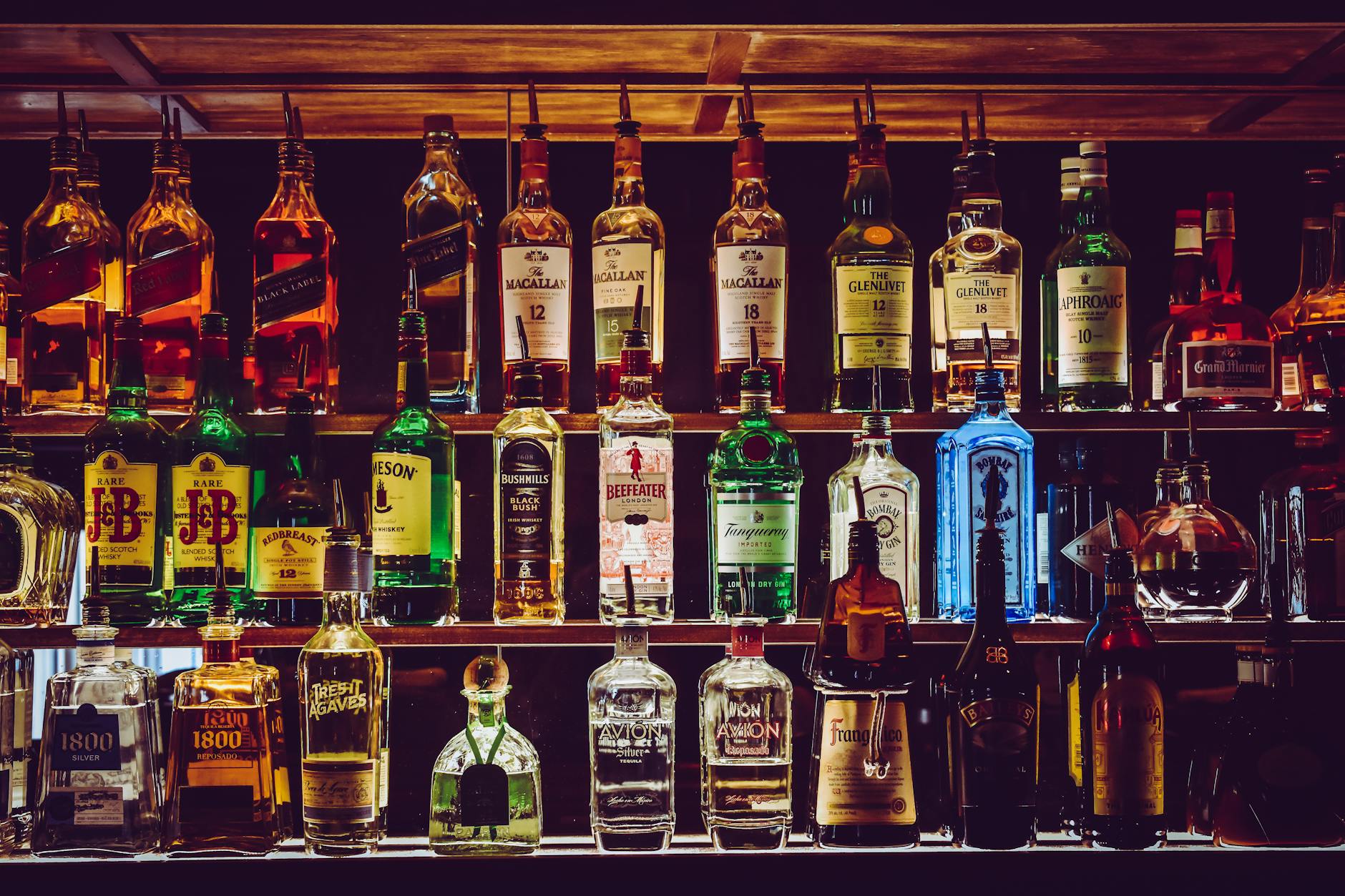Unlock the mystery of alcohol metabolism and discover how it affects your body’s ability to get drunk in this post.
Table of Contents
Alcohol consumption has been a part of human culture for centuries, with its effects on the body and mind varying from person to person. One common question that arises when it comes to drinking beer is, “How many beers does it take to get drunk?” The answer to this question is not as straightforward as it may seem, as there are several factors that come into play when determining intoxication levels.
Understanding Alcohol Metabolism
When you consume a beer, the alcohol it contains enters your bloodstream through the stomach and small intestine. The liver then starts to metabolize the alcohol by breaking it down into acetaldehyde, which is further broken down into acetic acid and eventually eliminated from the body through urine and respiration. The rate at which this process occurs can vary from person to person, depending on factors such as genetics and overall health.
Individuals who have a higher concentration of alcohol dehydrogenase – an enzyme that helps break down alcohol – in their bodies tend to metabolize alcohol more quickly, leading to a lower blood alcohol concentration and decreased intoxication levels. On the other hand, those with lower levels of this enzyme may experience a slower metabolism of alcohol, resulting in higher intoxication levels after consuming the same amount of beer.
Factors Affecting Intoxication Levels
Several factors can influence how many beers it takes for someone to get drunk. One major factor is body weight, as alcohol is distributed more thinly in larger individuals, leading to lower blood alcohol levels compared to smaller individuals who may feel the effects of alcohol more quickly. Gender also plays a role, with females generally having a higher blood alcohol concentration after consuming the same amount of alcohol as males due to differences in body composition and metabolism.
Hydration levels can also impact how quickly someone gets drunk, as alcohol dehydrates the body and can lead to increased intoxication. It’s important to stay hydrated while drinking to help offset the dehydrating effects of alcohol and potentially lower intoxication levels. Additionally, consuming food before or while drinking beer can slow down the absorption of alcohol into the bloodstream, as the food acts as a buffer and delays its entry into the system.
The alcohol content of the beer itself is another crucial factor to consider when trying to gauge how many beers it takes to get drunk. Beers with higher alcohol by volume (ABV) percentages will lead to quicker intoxication compared to lower ABV beers, as they contain more alcohol per serving. It’s essential to be mindful of the alcohol content of the beer you are consuming and pace yourself accordingly to avoid overconsumption.
Conclusion
While the question of how many beers it takes to get drunk may seem simple on the surface, the answer is far from straightforward. By delving into the science behind alcohol metabolism and understanding the various factors that can influence intoxication levels, we can gain a better appreciation for the complexities of alcohol’s effects on the body.
It’s crucial to drink responsibly and know your limits when it comes to consuming alcohol. Pay attention to your body’s signals and pace yourself to prevent overindulgence. Remember that alcohol affects everyone differently, and what may be a safe amount for one person could lead to intoxication for another. By being informed and taking precautions, you can enjoy drinking beer in a safe and responsible manner.
FAQ
How does alcohol metabolism differ between individuals?
Answer 1: Alcohol metabolism varies based on factors like genetics and enzyme levels. Those with higher alcohol dehydrogenase enzyme concentrations metabolize alcohol quicker, leading to lower intoxication levels.
Does body weight impact how quickly someone gets drunk?
Answer 2: Yes, body weight plays a role in alcohol distribution. Larger individuals have lower blood alcohol levels than smaller ones, affecting intoxication rates.
How does hydration affect intoxication levels?
Answer 3: Hydration is crucial as alcohol dehydrates the body, potentially increasing intoxication. Staying hydrated while drinking can help offset the dehydrating effects of alcohol.
Why is it important to be aware of the alcohol content in beer?
Answer 4: Understanding the alcohol content in beer is essential to gauge intoxication levels. Beers with higher ABV percentages lead to quicker intoxication, necessitating mindful consumption to avoid overindulgence.
Generated by Texta.ai Blog Automation


Leave a Reply